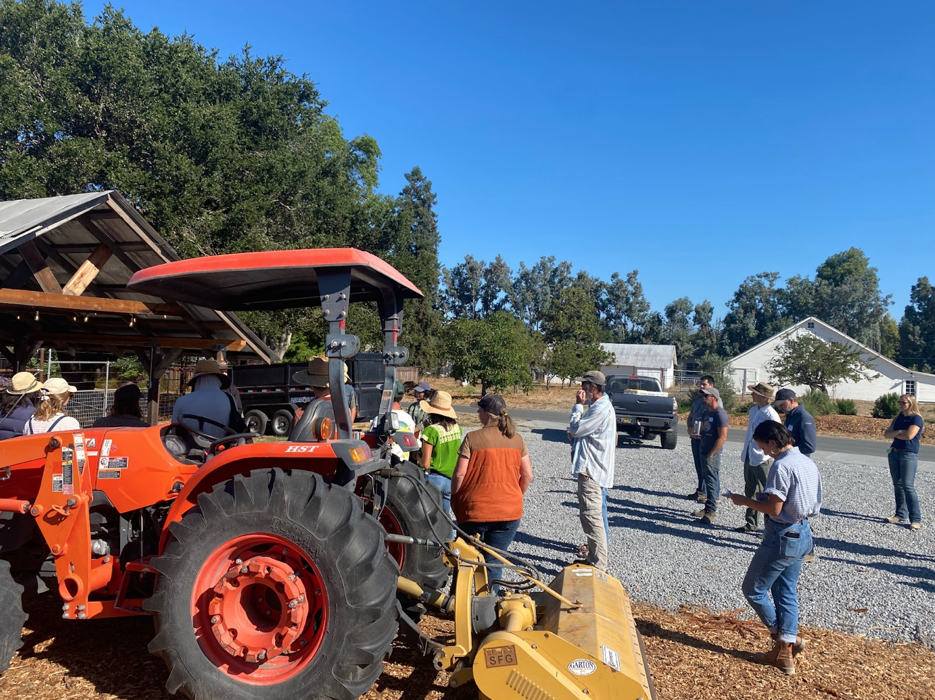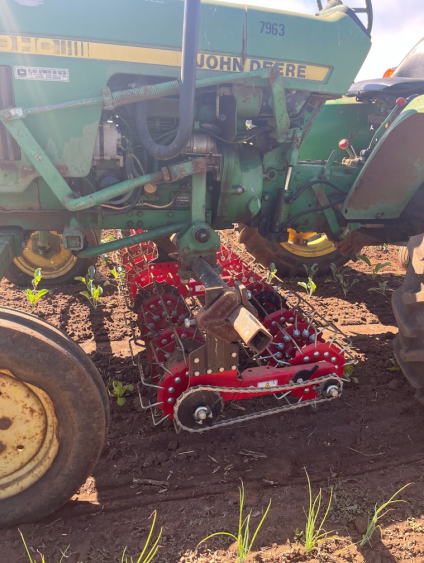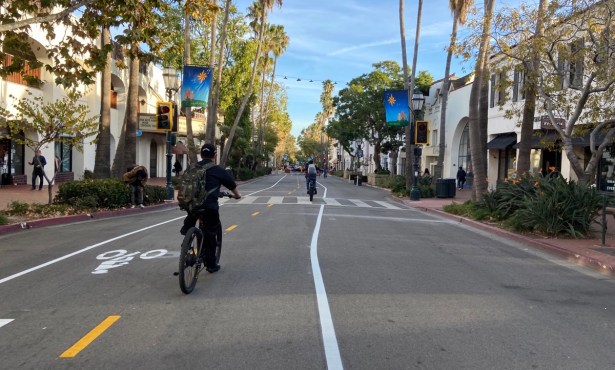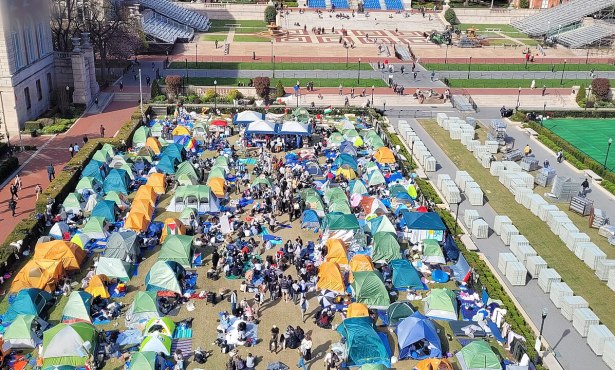Successful Farming Through Sharing
Cooperative Development and Equipment Sharing Is an Equitable Solution that California’s Family Farmers Need to Succeed

Nate Gonzalez-Siemens of Fat Uncle Farms and Melissa Sorongon of Piedrasassi are exceptional in the south San Joaquin Valley and the Central Coast: They are both small-scale farmers who grow grain as part of their diversified operations. Consequently, small-scale and biologically diverse farming operations like Nate’s and Melissa’s require a greater variety of costly equipment, some of which is only used a few times a year.
Today, the realities of climate change, the structure of the supply chain, and food system inequities disproportionately negatively impact California’s local food producers. The high costs of land, equipment, infrastructure, and water have made it nearly impossible for young, beginning, and small farmers such as Nate and Melissa to access these baseline needs. And the farmers who are able to overcome these barriers and establish small businesses still struggle to access these resources. Roughly three-fourths of farmers in California operate on less than $100,000 in annual sales, making the purchase of any new equipment, which can average between $5,000 to $30,000 or more, a challenge. Some types of equipment, such as harvesting equipment, electric tractors, or refrigeration units can cost over $100,000.
Nate shared, “When we started our farm, we had two major challenges. First, access to land and second, access to equipment. We have been able to lease land but could not find specialized tools to rent at the small scale we require.”
Nate and Melissa discovered that other small-scale farmers in their Central Coast and southern San Joaquin Valley community were facing similar challenges. Their neighbors’ operations include vineyards, orchards, grain, and vegetables. Together, they decided to pool their resources to acquire equipment that they could share and applied for grant funding to help with the costs.

Three years later, their equipment sharing collaborative, named California Plowshares, has expanded to a broader network of approximately 25 farmers across the Central Coast and southern San Joaquin Valley.
This year, Community Alliance with Family Farmers (CAFF) and the California Climate and Agriculture Network (CalCAN) teamed up to work with Assemblymember Steve Bennett (D-Ventura) this year to address this barrier around equipment and make it possible for more farmers to participate in sharing programs such as California Plowshares.
Enter, AB 552: the Regional Farmer Equipment and Cooperative Resources Assistance program. This legislation — which is currently awaiting signature on Governor Newsom’s desk — would both fund existing and new equipment-sharing programs to allow farmers to borrow or lease high-value equipment and support farmers with the resources, knowledge, and assistance to establish their own farmer-led collectives to share equipment and learn together. Equipment sharing can facilitate greater adoption of conservation practices, help alleviate financial barriers to equipment, and reduce greenhouse gas emissions.
Nate shared, “This bill has the potential to address one of the most critical bottlenecks for small farms and those owned by farmers of color, especially those who are aiming to push the envelope with regenerative, organic, and other novel and traditional cropping systems. We hope that this bill will engender the formation of more alliances like ours as well as supporting the increase in capacity of our own collaborative effort.”
By creating a pathway for small and underserved farmers to work collectively, AB 552 will offer them a stepping stone toward greater access to local, state and federal funding. AB 552 supports efforts at the California Department of Food and Agriculture to enhance farmer equity.
Like many great solutions, the idea for this legislation came directly from the community — farmers and the technical assistance providers who serve them – and we have continued to include their feedback throughout this effort. Resources and support to establish more collective stewardship models — such as sharing land, equipment, crop planning, and even selling products collectively — can reduce collective costs, increase farm viability, and revive local food economies. We are urging the Governor to support the farming community by signing AB 552.
Renata Brillinger is executive director of the California Climate and Agriculture Network (CalCAN) and Paul Towers is executive director of Community Alliance with Family Farmers (CAFF).




You must be logged in to post a comment.